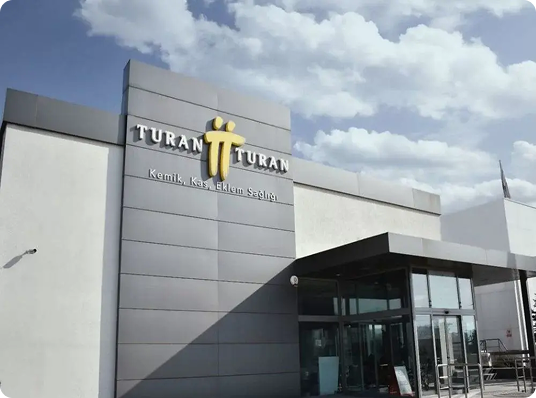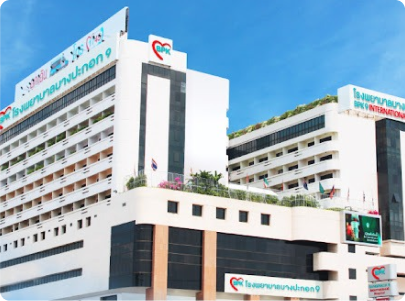Brain Cancer
Managing Brain Cancer involves a personalized treatment pathway that could encompass surgery, targeted therapy, immunotherapy, and radiation therapy. Comprehensive care emphasizes early detection, aggressive intervention, and supportive recovery to enhance survival outcomes.
Get Expert Consultation
Speak with our medical travel experts to get personalized guidance for your procedure
✓ No commitment required • ✓ Expert guidance • ✓ Free consultation

Book Your Free Medical Consultation
Get expert advice—free and easy. Just fill out the form to start your health journey!
Key-Insights for
Brain Cancer
Procedure Time
Variable, depending on the complexity of the procedure and individual factors
Recovery Period
Typically several days to a few weeks, with full recovery within a few months
Expected Results
Potential for tumor shrinkage, slowed growth, or stabilization of disease progression
Ideal Candidates
Patients diagnosed with primary or metastatic brain cancer who have not responded to standard treatments
Brain Cancer
Managing Brain Cancer involves a personalized treatment pathway that could encompass surgery, targeted therapy, immunotherapy, and radiation therapy. Comprehensive care emphasizes early detection, aggressive intervention, and supportive recovery to enhance survival outcomes.

People seek these procedures for various reasons:
Aesthetic Enhancement
To gain control over symptoms such as headaches, seizures, or cognitive impairment
Corrective Purposes
To explore alternative treatment options for relapsed or refractory brain cancer
Functional Restoration
To work with a multidisciplinary team of healthcare professionals to develop a personalized treatment plan
Things to Check Before Treatment
- •Consult your primary care physician to ensure you're healthy enough for the procedure
- •Get a thorough medical history and physical examination to identify any potential complications
- •Discuss your surgical plan with your doctor to ensure it aligns with your treatment goals
- •Review your insurance coverage and out-of-pocket expenses for the procedure
- •Research the hospital or facility where you'll be undergoing surgery to ensure it meets international standards
Potential Risks
- •Infection from the surgical site
- •Bleeding during or after the procedure
- •Seizures or other neurological complications
- •Cognitive impairment or memory loss
- •Mortality risks due to underlying health conditions or age
How to Choose the Right Country, Clinic, and Surgeon
Do's
Verify surgeon credentials (e.g. ISAPS, JPRAS)
Ask for before-after photos
Check language barriers
Review aftercare and follow-up options
Consider local laws on medical malpractice
Don'ts
Don't Choose a Clinic Based Only on Price
Don't Rely Solely on Social Media or Influencers
Don't Ignore Language Barriers
Don't Rush Into Surgery Without Research
Don't Assume You Can Fly Back Immediately
CureMeAbroad Services Are Absolutely Free.
You pay same rates for treatments as in the hospital's original price list.
CureMeAbroad Services Are Absolutely Free.
You pay same rates for treatments as in the hospital's original price list.


Book Your Free Medical Consultation
Get expert advice—free and easy. Just fill out the form to start your health journey!
Brain Cancer
Frequently Asked Questions
This procedure involves specific medical techniques tailored to address particular health conditions. Your doctor will explain the detailed process based on your case.

Help Me Plan My Treatment Abroad
End to End Treatment Planning Specifically curated as per your need. Just a Call away


Help Me Plan My Treatment Abroad
End to End Treatment Planning Specifically curated as per your need. Just a Call away


Book Your Free Medical Consultation
Get expert advice—free and easy. Just fill out the form to start your health journey!



